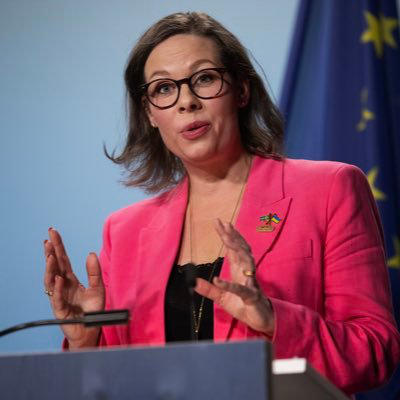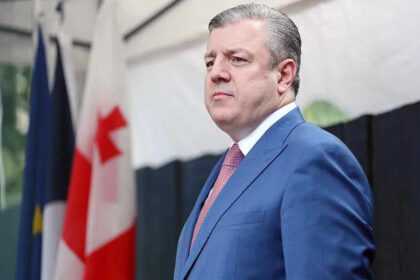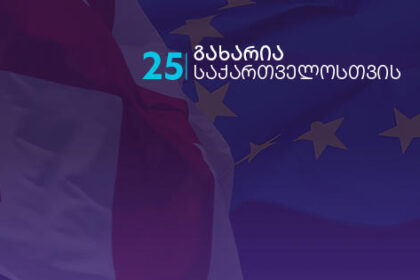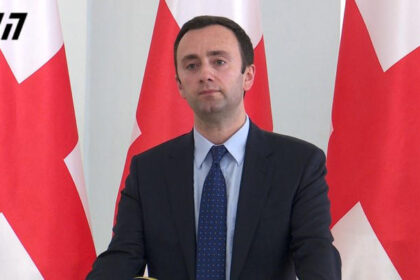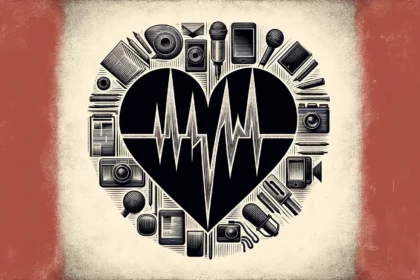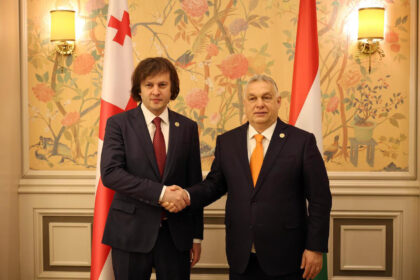**Sweden’s Foreign Minister Speaks Out Against Restrictive Laws in Georgia**
In a statement on her X account, Swedish Foreign Minister Maria Stenergard has condemned the rapid adoption of laws restricting civil society in Georgia. According to Stenergard, these laws are fundamentally at odds with the values and principles that underpin the European Union.
The laws in question were passed quickly by the Georgian parliament, sparking concerns about their impact on democracy and human rights. Stenergard’s statement is a clear indication that Sweden takes issue with these developments. As a long-standing supporter of Georgia’s sovereignty and territorial integrity, Sweden has been vocal in its criticism of actions that undermine the country’s democratic progress.
**What does this mean for Georgia-EU relations?**
Stenergard’s statement highlights the EU’s deep-seated concerns about the erosion of civil liberties in Georgia. The bloc has been a strong advocate for human rights and democracy worldwide, and Georgia’s rapid adoption of restrictive laws is seen as a setback for these values.
This move could have significant implications for Georgia-EU relations. If unaddressed, it may lead to increased tensions between Tbilisi and Brussels, potentially jeopardizing the country’s progress towards EU integration. The EU has been actively engaged in supporting Georgia’s reforms, including those aimed at strengthening democratic institutions and promoting civil society.
**Restrictive laws: a threat to democracy?**
The adoption of restrictive laws in Georgia is part of a broader trend across the post-Soviet space, where authoritarian tendencies are on the rise. These laws often target independent media outlets, non-governmental organizations (NGOs), and other civil society groups, undermining their ability to hold power accountable.
By speaking out against these laws, Stenergard’s statement sends a clear message that Sweden stands in solidarity with Georgia’s democratic forces. It also underscores the need for Georgian authorities to prioritize democratic values, human rights, and the rule of law. As the EU continues to engage with Georgia on its path towards integration, it is crucial that Tbilisi ensures the protection of civil liberties and strengthens its democratic institutions.
Read More @ www.interpressnews.ge




